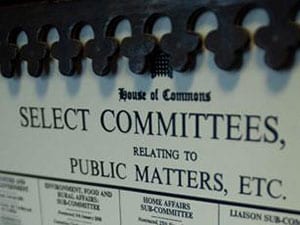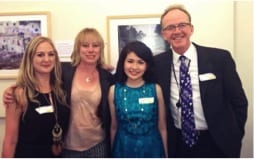Lunch Hour Lecture: Reproduction without sex — what does technology have to offer?
By Ella Richards, on 15 March 2016
Professor Joyce Harper’s (UCL Institute for Women’s Health) International Women’s Day Lunch Hour Lecture discussed the often taboo subject of scientific involvement in reproduction, why people choose to reproduce without sex and how science can solve reproductive issues.

Professor Joyce Harper
Why is there an increased focus on reproduction without sex?
Professor Harper was blunt: “Unfortunately, as women, we aren’t well designed. As you sit here, in this lecture theatre, you are becoming more and more infertile with every minute that slips by, and after 35 years your fertility decreases significantly. By 42, it is very difficult to get pregnant, by 45 it is almost impossible.”
“Evolution has not kept up with feminism.” Across the world, and especially in developed countries such as the UK, women are delaying having children until their 30s. Twenty-first century opportunities mean that women are busy doing other things in their 20s, such as travelling and enjoying their career, rather than settling down and having children at the age that their mothers or grandmothers did.
This means that when women try to get pregnant in their 30s they are often surprised by reproductive issues and they come to IVF clinics at an average age of 38. (more…)
 Close
Close




